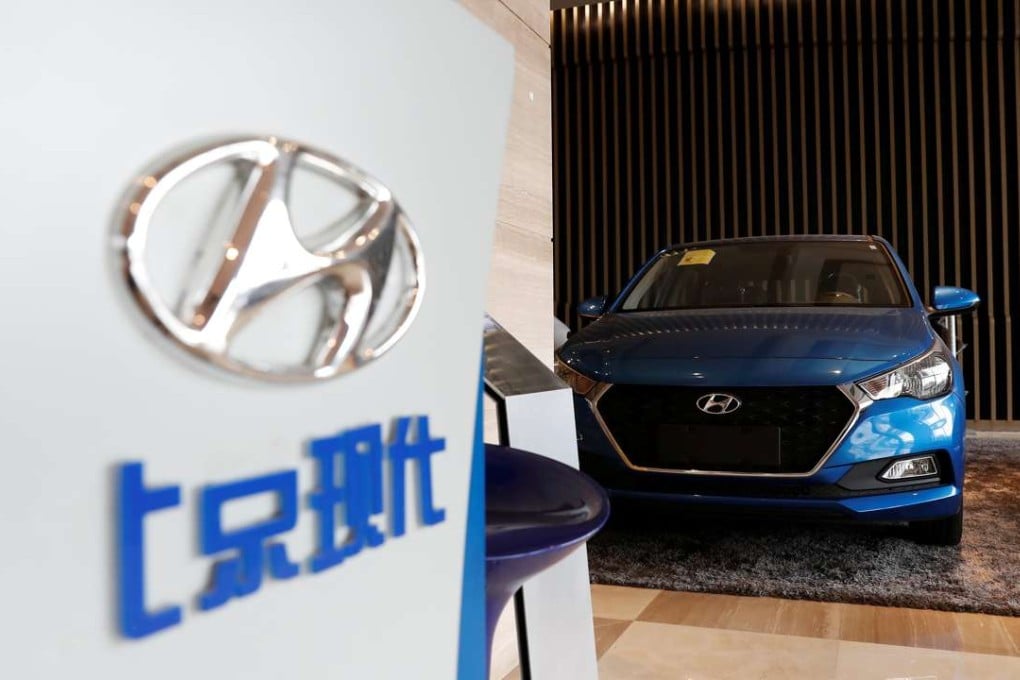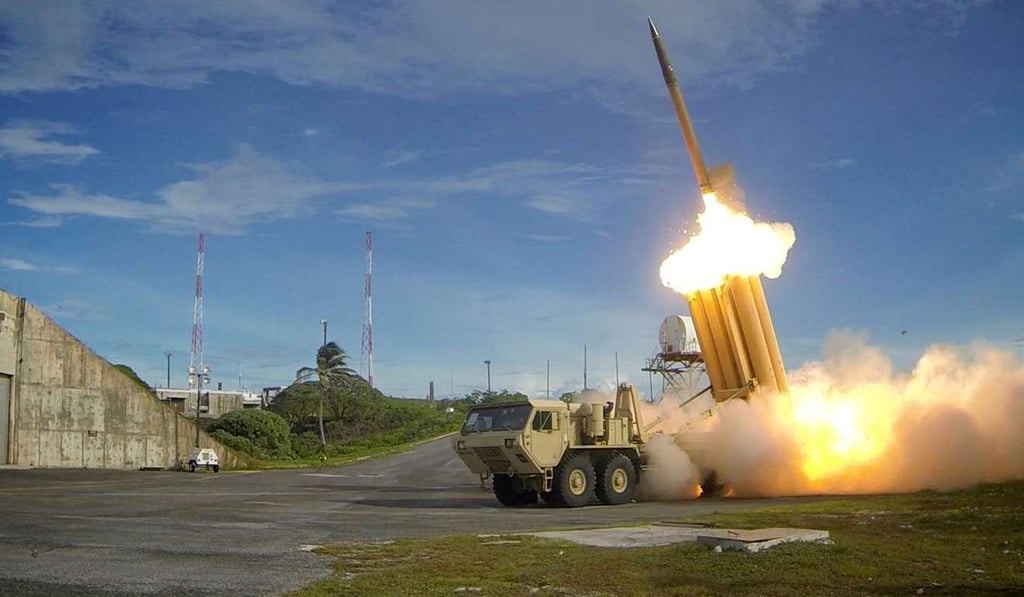South Korea’s Hyundai, Kia sales halve in China amid diplomatic spat over THAAD
The carmaker becomes the latest South Korean exporter to fall victim to a boycott sparked by Beijing’s outrage over the missile defence system

Carmaker Hyundai has become the latest Asian multinational to fall prey to China’s government-orchestrated boycott of South Korean goods in retaliation for the planned installation of a US missile defence system on its soil.
March sales of Hyundai and its sister brand Kia Motors in China plunged a staggering 52 per cent from a year earlier to 72,000 vehicles, the lowest level since 2014, against the backdrop of soaring anti-Korean consumer sentiment in the world’s largest car market, according to industry statistics.
We believe that downward spiral may sustain into the next few months, though it’s likely to get milder
China’s shunning of the automotive behemoth follows a nationwide revolt against South Korean confectionary-to-mall conglomerate Lotte Group, which has already resulted in the closure of 75 out of 99 Lotte supermarkets in the country in just a few weeks.
“The falling shipments suggest dealers and distributors were swift to factor in their bearish views on Hyundai car sales in China for the coming months,”said Alexious Lee, head of industry research, China, with CLSA.
“We believe that downward spiral may sustain into the next few months, though it’s likely to get milder.”
